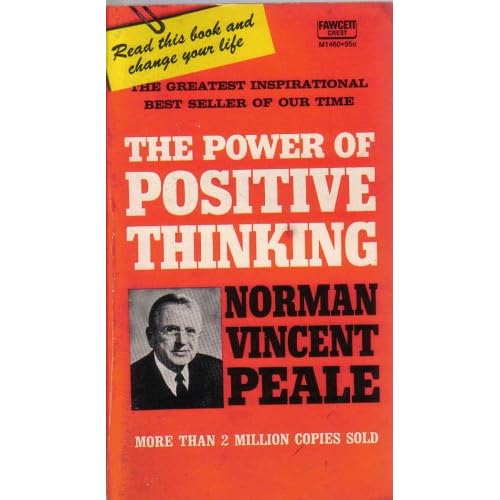When corporate fiduciaries want attorneys to send them business, those fiduciaries are well advised to send attorneys something in return. Hence publications such as
Estate Planning Studies and Briefs.The lead item in the November Briefs caught my eye. The U.S. Court of Appeals, Second Circuit was confronted by an estate-tax valuation dispute in which the IRS had claimed one fifth of a closely-held business was worth $32 million.
The estate set the value at only $1.75 million.
(The Tax court, which loves to compromise, set the value at $13 million).
The disparity was so great that the IRS sought an underpayment penalty.
Two questions sprang to mind:
What could trigger such a great disparity in valuation?
Why did the disparity seem less shocking that it would have in the past?
The triggerEstate of Thompson v. Comm'r deals with the valuation of a one-fifth interest in
Thomas Publishing Co., "a century-old, closely held corporation which produces business-to business publications." The one-fifth interest belonged to Josephine T. Thompson, who died in May, 1998.
In effect, the estate defended its low valuation by saying, "The Internet is killing us!" Discounts applied in calculating the valuation included one for "Internet and management risk."
The IRS argued that its high valuation was realistic as of 1998, especially since the company seemed to be adapting well to the digital world: its own web site was attracting lots of traffic.
Bet this isn't the last valuation dispute to be triggered by the need for businesses to move online.
The shock absorber
Why do outlandish differences in presumed value seem less shocking? Probably because we're getting used to derivatives. This year we're certainly getting used to CDOs (collateralized debt obligations) derived from what The Wall Street Journal likes to call "tainted mortgages."
Marked to model, the CDO may be worth $5 million.
Street value? Maybe five or six grande lattes.









_(photo_by_Carl_van_Vechten).jpg)








